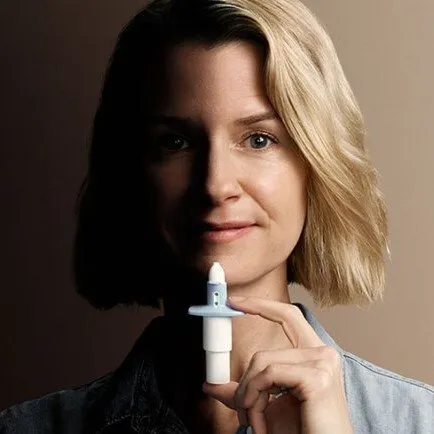Traditional antidepressants work for many individuals, but approximately 30% of people with major depressive disorder do not respond adequately to conventional treatments, causing treatment-resistant depression. Ketamine therapy is a beneficial alternative for these cases. Here is more information on this therapy, including how it can help individuals with treatment-resistant depression:
What Is Ketamine Therapy?
Ketamine therapy involves the controlled administration of ketamine, a medication originally developed as an anesthetic. The treatment uses much lower doses than those used in surgical settings. Patients may receive ketamine treatments over several sessions, with the frequency and duration determined by their specific needs and response to treatment. The controlled environment allows healthcare providers to monitor patients throughout the process.
This therapy differs from traditional antidepressant medications in both its mechanism of action and its administration method. While conventional antidepressants are taken daily at home, ketamine therapy requires scheduled visits to medical facilities for supervised treatment sessions. This fosters a safe and efficient approach.
What Does a Session Involve?
A session begins with a comprehensive consultation. Healthcare providers assess the patient’s current health status and review any medications or medical conditions that may affect treatment. The actual ketamine administration varies depending on the chosen method. Patients remain in a safe, supervised setting during the entire process.
Post-treatment monitoring continues after ketamine administration. Medical staff observe patients for any adverse reactions and track their response to treatment. Patients should be able to return home the same day, though individual results from the treatment can vary.
What Is Treatment-resistant Depression?
Treatment-resistant depression occurs when an individual does not respond adequately to at least two different antidepressant medications. Several factors contribute to treatment resistance. Genetic variations can affect how individuals metabolize medications, making some treatments less effective. Co-occurring mental health conditions, medical illnesses, or substance use disorders can also complicate treatment responses.
The diagnosis of treatment-resistant depression requires careful evaluation by mental health professionals. They assess the patient’s treatment history, symptom severity, and response to previous interventions. This evaluation helps determine whether ketamine therapy may be appropriate.
How Can Ketamine Therapy Help?
This therapy offers several potential benefits for individuals with treatment-resistant depression. Ketamine can produce rapid improvements in depression symptoms, sometimes within hours of administration. This quick onset of action can be particularly beneficial for individuals experiencing severe symptoms.
The therapy may help break the cycle of treatment-resistant depression by targeting different brain pathways than conventional medications. By affecting the glutamate system, ketamine can potentially restore neural connections that have been disrupted by chronic depression. This restoration may allow other treatments to become more effective.
Ketamine can provide sustained relief when administered as part of a comprehensive treatment plan. The therapy may work better when combined with other treatments, such as lifestyle modifications and ongoing psychiatric care. This integrated approach addresses multiple aspects of depression treatment.
Treat Your Depression Now
Ketamine therapy’s unique mechanism of action and rapid effects offer benefits for individuals who have not found relief through conventional treatments. The success of this treatment depends on proper evaluation, administration, and ongoing medical supervision. Individuals evaluating this treatment should work closely with qualified healthcare providers to determine if ketamine therapy is appropriate for their specific situation. Contact a mental health professional to discuss whether this therapy could be part of your treatment plan.

